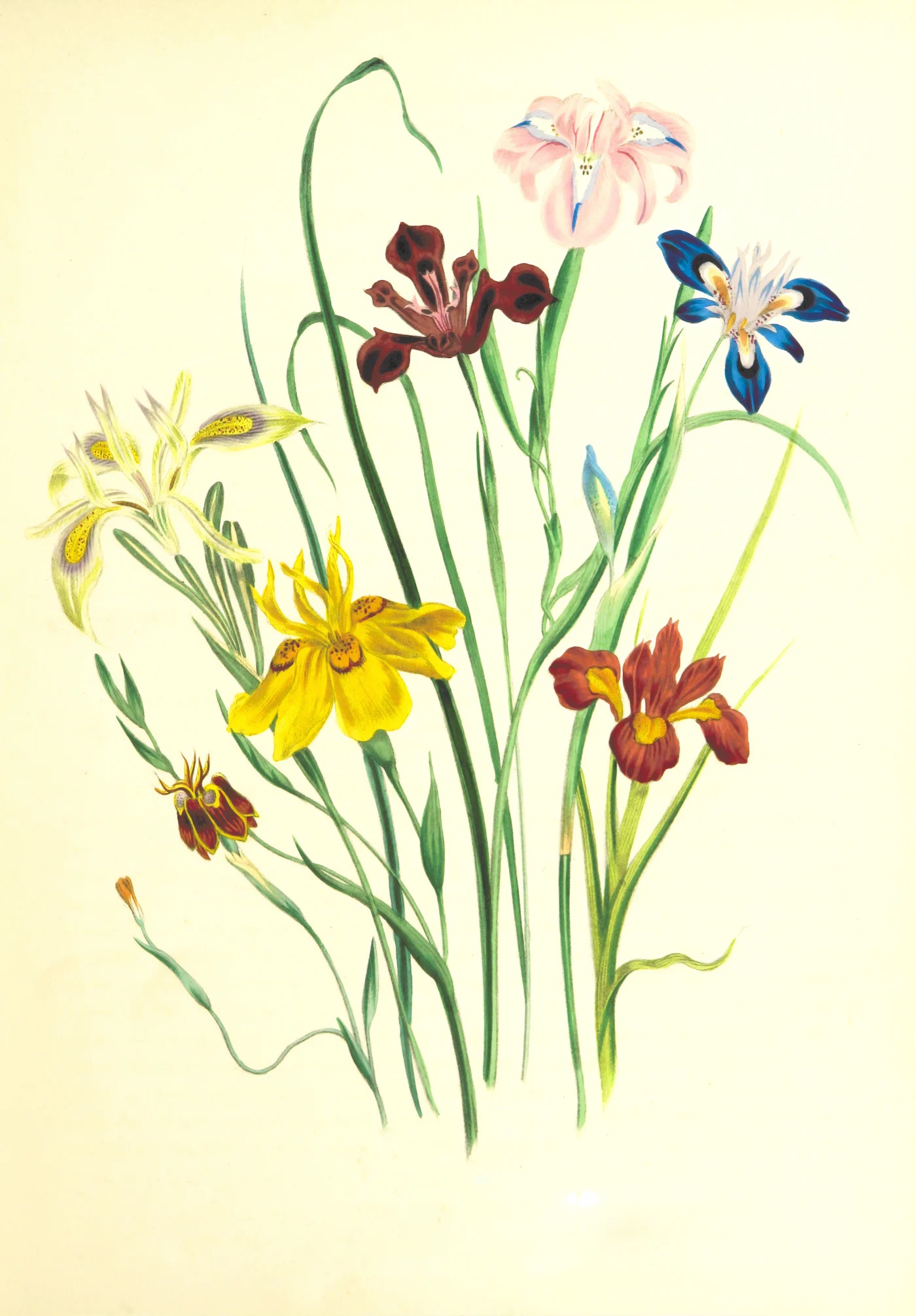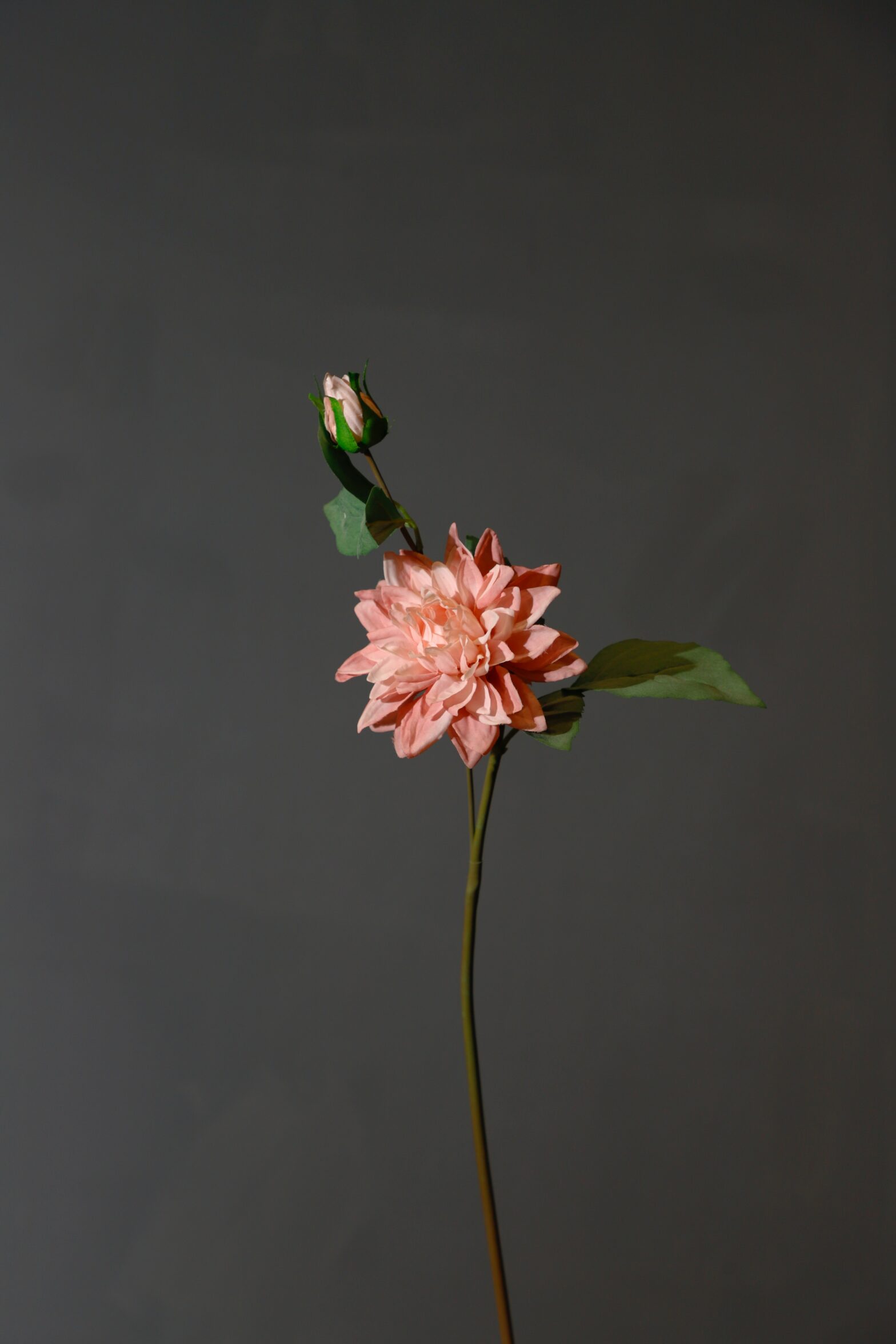1. “Compare yourself to who you were yesterday, not to who someone else is today.”
2. “If you aren’t moving forward in your life there is some idea, mode of action, or habit you’re so in love with you won’t let go of it.”
3. “The better ambitions have to do with the development of character and ability, rather than status and power. Status you can lose. You carry character with you wherever you go, and it allows you to prevail against adversity.”
4. “You’re not everything you could be, and you know it.”
5. “Self-love is the only antidote to the chaos of existence. And if you don’t love and care for yourself and your own needs, you will cause unnecessary suffering both for yourself and others.”
6. “Perhaps you are overvaluing what you don’t have and undervaluing what you do.”
7. “You must determine where you are going in your life, because you cannot get there unless you move in that direction. Random wandering will not move you forward. It will instead disappoint and frustrate you and make you anxious and unhappy and hard to get along with (and then resentful, and then vengeful, and then worse).”
8. “Pursue what is meaningful (not what is expedient).”
9. “You should be better than you are, but it’s not because you’re worse than other people. It’s because you’re not everything you should be.”
10. “To learn is to die voluntarily and be born again, in great ways and small.”
11. “Don’t be a slave to stupid rules.”
12. “When you are visited by chaos and swallowed up; when nature curses you or someone you love with illness; or when tyranny rends asunder something of value that you have built, it is salutary to know the rest of the story. All of that misfortune is only the bitter half of the tale of existence, without taking note of the heroic element of redemption or the nobility of the human spirit requiring a certain responsibility to shoulder. We ignore that addition to the story at our peril, because life is so difficult that losing sight of the heroic part of existence could cost us everything.”
13. “Don’t underestimate the power of vision and direction. These are irresistible forces, able to transform what might appear to be unconquerable obstacles into traversable pathways and expanding opportunities. Strengthen the individual. Start with yourself. Take care with yourself. Define who you are. Refine your personality. Choose your destination and articulate your Being. As the great nineteenth-century German philosopher Friedrich Nietzsche so brilliantly noted, ‘He whose life has a why can bear almost any how.’”
14. “Face the demands of life voluntarily. Respond to a challenge, instead of bracing for catastrophe.”
15. “You can do an awful lot by writing down what happened to you and thinking it through.”
16. “If you don’t stand your ground, then all that happens is people push you backwards. And they will push you, and push you, and push you, until you fall off a cliff.”
17. “If you fulfill your obligations every day you don’t need to worry about the future.”
18. “Truth, virtue, and courage are not necessarily enough, but they are our best bet.”
19. “So, listen, to yourself and to those with whom you are speaking. Your wisdom then consists not of the knowledge you already have, but the continual search for knowledge, which is the highest form of wisdom.”
20. “You need to consider the future And think, ‘What might my life look like if I were caring for myself properly?’”
21. “To stand up straight with your shoulders back is to accept the terrible responsibility of life, with eyes wide open. It means deciding to voluntarily transform the chaos of potential into the realities of habitable order. It means adopting the burden of self-conscious vulnerability, and accepting the end of the unconscious paradise of childhood, where finitude and mortality are only dimly comprehended. It means willingly undertaking the sacrifices necessary to generate a productive and meaningful reality (it means acting to please God, in the ancient language).”
22. “The successful among us delay gratification and bargain with the future.”
23. “You cannot be protected from the things that frighten you and hurt you, but if you identify with the part of your being that is responsible for transformation, then you are always the equal, or more than the equal of the things that frighten you.”
24. “It took untold generations to get you where you are. A little gratitude might be in order. If you’re going to insist on bending the world to your way, you better have your reasons.”
25. “Can you imagine yourself in 10 years if instead of avoiding the things you know you should do, you actually did them every single day—that’s powerful.”
26. “The light that you discover in your life is proportionate to the amount of the darkness you are willing to forthrightly confront.”
27. “The way that you make people resilient is by voluntarily exposing them to things that they are afraid of and that makes them uncomfortable.”
28. “It is much better to make friends with what you do not know than with what you do know, as there is an infinite supply of the former but a finite stock of the latter.”
29. “When you have something to say, silence is a lie.”
30. “Once someone has spent enough time cultivating bad habits and biding their time, they are much diminished. Much of what they could have been has dissipated.”
31. “And if you think tough men are dangerous, wait until you see what weak men are capable of.”
32. “Adopt responsibility for your own well-being, try to put your family together, try to serve your community, try to seek for eternal truth. That’s the sort of thing that can ground you in your life, enough so that you can withstand the difficulty of life.”
33. “The secret to your existence is right in front of you. And it manifests itself as all those things you know you should do but you’re avoiding.”
34. “Truth is the handmaiden of love.”
35. “If your life is not what it could be, try telling the truth. If you cling desperately to an ideology or wallow in nihilism, try telling the truth. If you feel weak and rejected, and desperate, and confused, try telling the truth. In Paradise, everyone speaks the truth. That is what makes it Paradise. Tell the truth. Or, at least, don’t lie.”
36. “It’s better to do something badly than to not do it at all.”
37. “Always place your becoming above your current being.”
38. “It’s in responsibility that most people find the meaning that sustains them through life. It’s not in happiness. It’s not in impulsive pleasure.”
39. “You should be careful, therefore, to live your life fully, and marriage and children and grandchildren, and all the trouble and heartbreak that accompanies all of that, is much of what life has to offer. Miss it at your great peril.”
40. “The truth is something that burns, it burns off deadwood and people don’t like having their deadwood burnt off often because they’re 95 percent deadwood.”
41. “If you can’t understand why someone is doing something, look at the consequences of their actions, whatever they might be, and then infer the motivations from their consequences.”
42. “When you have something to say, silence is a lie.”
43. “I believe that the good that people do, small though it may appear, has more to do with the good that manifests broadly in the world than people think, and I believe the same about evil. We are each more responsible for the state of the world than we believe, or would feel comfortable believing.”
44. “Love is the desire to see unnecessary suffering ameliorated.”
45. “You can only find out what you actually believe (rather than what you think you believe) by watching how you act. You simply don’t know what you believe, before that. You are too complex to understand yourself.”
46. “You should take care of, help, and be good to yourself the same way you would take care of, help, and be good to someone you loved and valued.”
47. “Work as hard as you possibly can on at least one thing and see what happens.”
48. “If you’re going to be successful you need to be smart, conscientious, and tough.”
49. “The purpose of life is finding the largest burden that you can bear and bearing it.”
50. “Notice that opportunity lurks where responsibility has been abdicated.”
51. “Ideologies are substitutes for true knowledge, and ideologues are always dangerous when they come to power, because a simple-minded I-know-it-all approach is no match for the complexity of existence.”
52. “To suffer terribly and to know yourself as the cause: that is Hell.”
53. “If you are not willing to be a fool, you can’t become a master.”
54. “In order to be able to think, you have to risk being offensive.”
55. “If you cannot bring peace to your own household, how dare you try and rule a city?”









